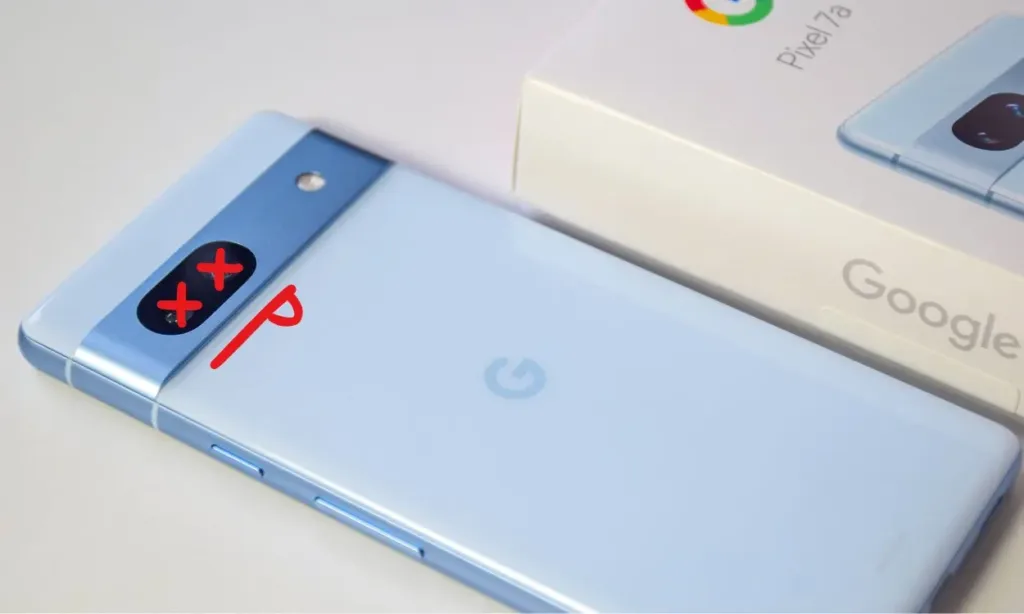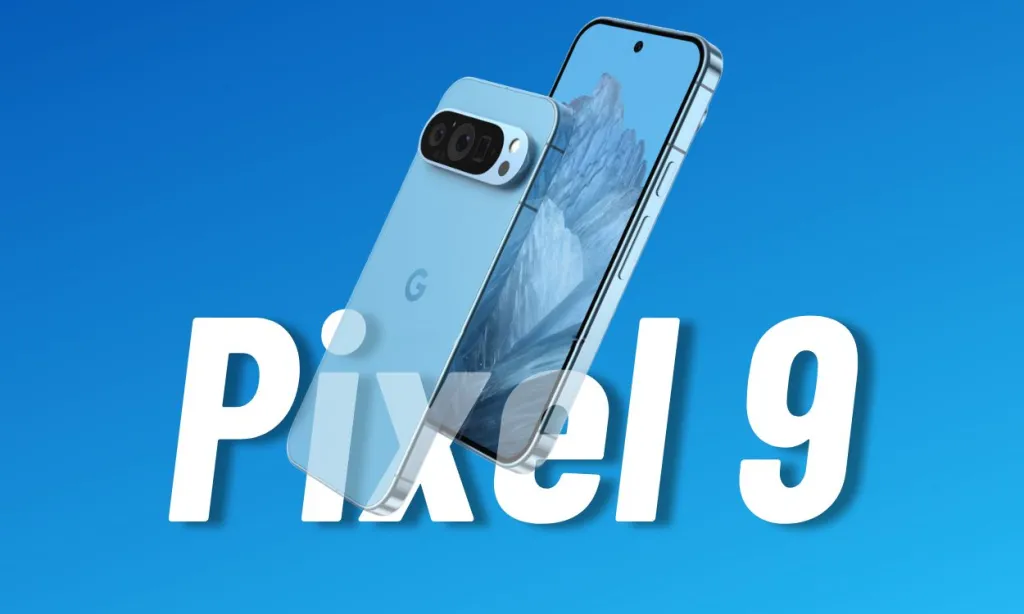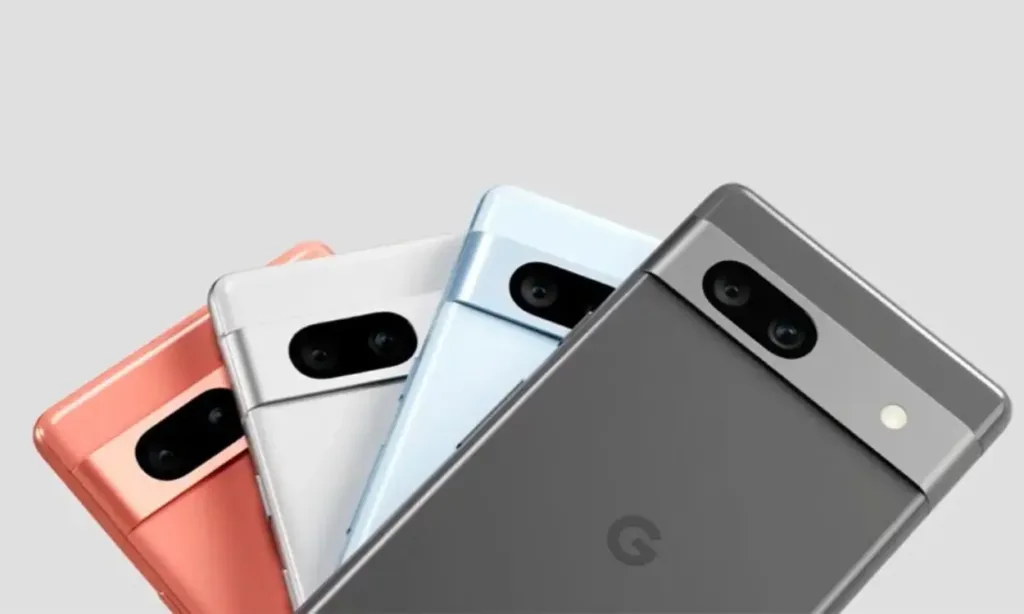
The latest Pixel models are impressive, but it’s often overlooked that the initial Pixel A series devices were instrumental in funding and motivating Google to continue developing smartphones. After the immense success of the Pixel 3a, the Pixel 4 underperformed significantly, and the Pixel 4a sales helped revive the brand and put Google back on track. When examining the recent Pixel A series devices, they have consistently outsold the standard and Pro Pixel models.
However, the direction indicated by the recent Pixel 8a renders and upcoming Pixel 9 series leaks suggests something that Pixel enthusiasts may find difficult to accept. Yes, I believe Google might be considering discontinuing the Pixel A series. Here’s why this feels imminent and why I believe it would be a misstep.
Is the Pixel 9 Burying the A Series for Good?
Approximately a month ago, leaked renders surfaced showcasing what was believed to be the Pixel 9. However, as predicted in our article, they were later identified as belonging to the Pixel 9 Pro and Pixel 9 Pro XL. This suggests that the Pixel 9 series might include three devices, with Google reintroducing the XL designation.

But how does this impact the A series? A recent leak regarding the Pixel 8a indicates a notable price increase, potentially making it the most expensive A series phone to date. This could potentially impact the sales of the Pixel 8, particularly given their closely matched device specifications. The Pixel 8 was initially launched at $699 and is currently retailing at $599.
This gradual price increase, nearing $550 for the Pixel 8a, along with Google’s expansion of their standard Pixel lineup, hints at a future where standard Pixel and A series devices might converge in terms of both pricing and specifications. This convergence could lead Google to eventually phase out the A series.
Moreover, Google aims to prevent the risk of budget A series devices cannibalizing the sales of their standard and Pro Pixel models as the gap in specifications narrows.
This doesn’t necessarily indicate the imminent demise of the Pixel A series. While the possibility of a Pixel 9a remains open, as highlighted by reputable tipster OnLeaks, the diminishing differences in specifications and pricing could eventually lead Google to phase out the A series. With a significant reduction in specs for the A series appearing unlikely, the future of this lineup becomes uncertain.
Is the Pixel 9 Getting a Price Cut?
It’s not all negative news. Pixel devices have been known to struggle in retaining their market value due to frequent price reductions by Google. Considering the substantial price hike in the 8 series last year and the lineup’s expansion, Google may consider adjusting the pricing of the standard Pixel to enhance the appeal of other models.
While this adjustment is not confirmed, the likelihood of it happening seems considerable. Once again, this is purely speculative and may not come to fruition.
Why the Pixel A Series Still Deserves a Shot?
Google’s Pixel phones (up to the Pixel 7) were traditionally recognized for their budget-friendly nature and offering great value. This perception changed with the launch of the Pixel 8 and its $100 price increase. Nonetheless, the A series has upheld its reputation for affordability, and Google could still benefit significantly from this.

“But what if they can’t simplify the specifications and pricing?” That’s a valid question, and honestly, there isn’t much they can do other than keeping the price at around $500..
By leveraging its strengths – outstanding cameras and clean software, the very attributes that have propelled A series sales in previous years.
The success of the A series places Google in a challenging position. Enhancing their specifications to drive sales runs the risk of impacting sales of the standard Pixel. The price and spec increases could potentially jeopardize the affordability advantage of the A series. Google requires a strategic approach to sustain both lineups.
I have a dream! Google could contemplate reintroducing the classic Google Play edition devices in collaboration with other manufacturers. While the likelihood of this occurring is low, providing four consecutive years of significant updates, feature enhancements, and quality cameras at a reasonable price could lead Google to sell a wide range of devices and bring back the Play Edition phones.



